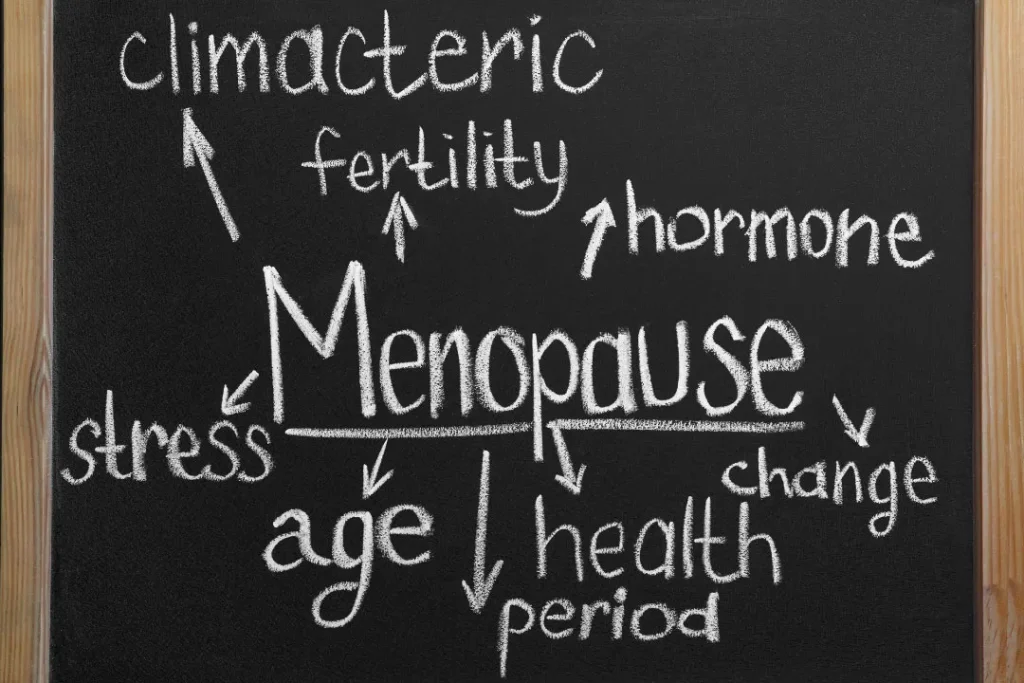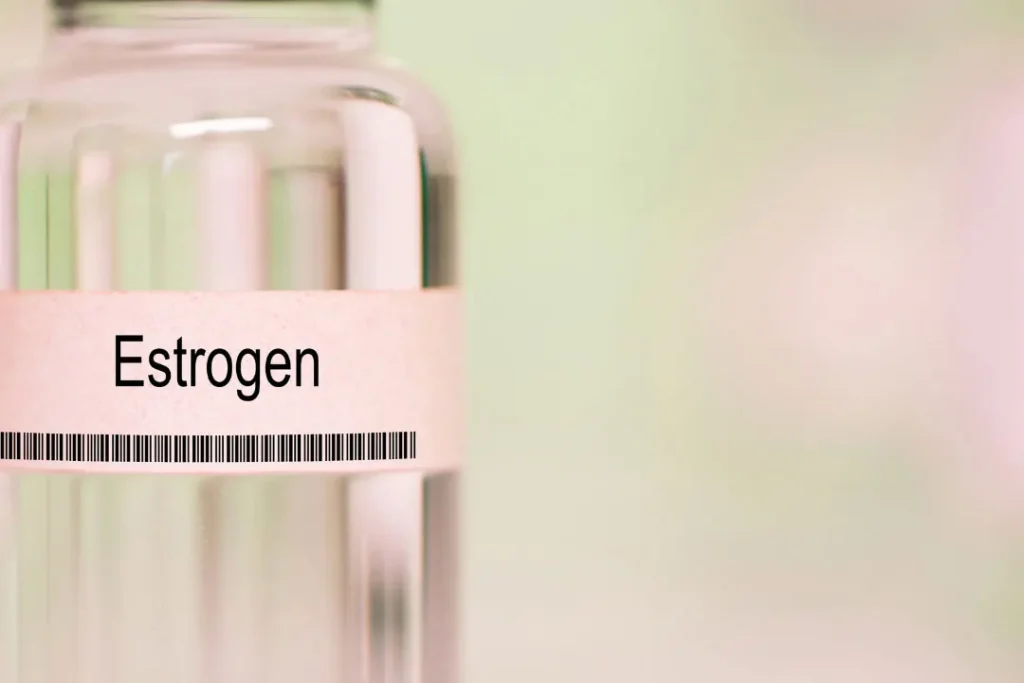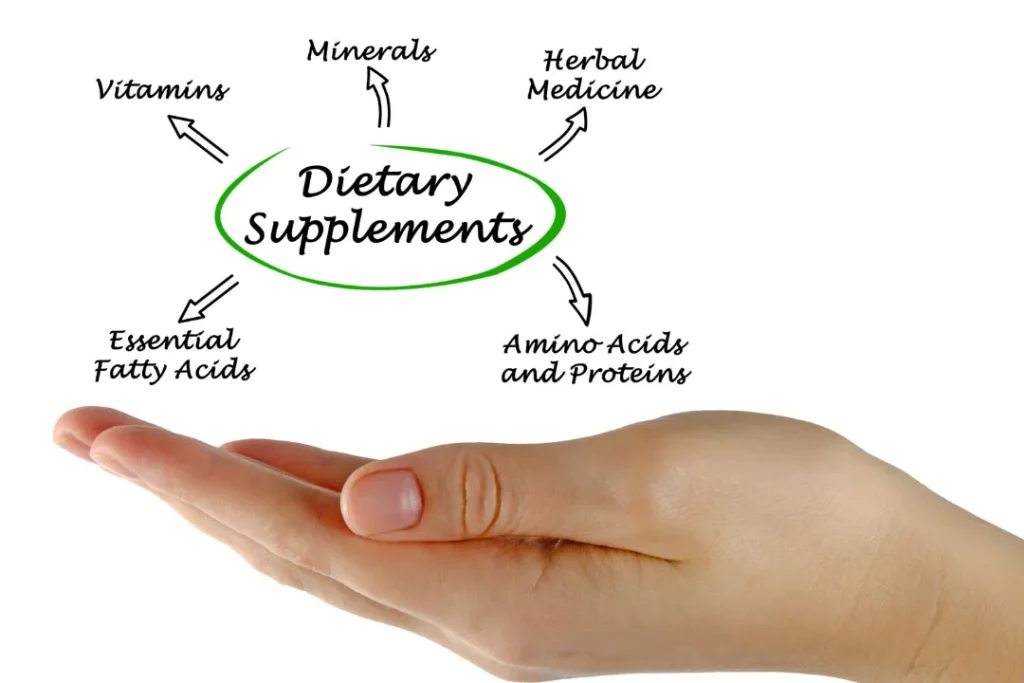As a member of the Umbelliferae or Apiaceae family, Fennel is referred to by its scientific name, Foeniculum vulgare. It is a native of the Mediterranean region, where it has long been used both in cooking and medicine. Scientific study shows Fennel’s potential as a dietary supplement. The conclusions from that research has recently started to explain the physiological processes that give rise to these advantages. This article will expound upon the healthy aspects of Fennel, as well as information about how to consume it responsibly.
You May Also Like:
Sunmed CBD vs. Partnered Process CBD: Finding the Best CBD for Sleep
What is Non Restorative Sleep? Here are 5 Great Ways to Get Quality Rest Every Night
Fennel: Benefits, Dosage, Side Effects, Drug Interactions, and Other Important Information is an original (NootropicsPlanet) article.
Nature of Fennel
The perennial herb known as Fennel has feathery leaves and yellow blooms. The stem of the plant, which may reach a height of 2 meters, is thick and heavily wrinkled. Although the plant’s entire body, including the seeds, leaves, and bulbs, are edible and full of nutrients, it is the seeds that are most frequently employed for their therapeutic benefits.
Health Benefits of Fennel
Fennel has a wide range of medicinal uses, including improving respiratory health, women’s health, and digestive function.
Fennel seeds are adept at improving digestive health. Dyspepsia symptoms including bloating, gas, and appetite loss can be reduced with Fennel. Due to the antispasmodic qualities of the seeds, which relax the muscles in the digestive tract and aid in digestion, Fennel’s natural properties affect these symptoms and others.
Benefits for respiratory health have also been linked to Fennel. Through bronchial passageway relaxation and facilitating mucus ejection, Fennel’s expectorant qualities can help reduce coughs.
Fennel may assist in managing menopausal symptoms and easing menstruation discomfort. According to studies, the seeds’ effects resemble those of estrogen and may help regulate the hormonal swings brought on by these situations.

Chemistry of Fennel
Numerous bioactive substances, including as flavonoids, phenolic compounds, fatty acids, and essential oils, may be found in Fennel. Anethole, an aromatic chemical that gives the seeds their distinctive licorice-like flavor, is particularly abundant in the seeds. Estragole, fenchone, and limonene are some further important substances.
Physiological Mechanisms of Action
Fennel has a variety of chemical components that contribute to its health advantages. For example, anethole demonstrates anti-inflammatory and antispasmodic characteristics, which may explain why Fennel is good for respiratory and digestive health.
The phytoestrogens found in Fennel, which are plant chemicals that may attach to estrogen receptors and imitate the actions of the hormone, are assumed to be the cause of the herb’s estrogenic properties. This might help to explain how effective it is at treating menstruation pain and menopausal symptoms.

Optimal Dosage of Fennel
Because Fennel products come in a variety of formulations and can be used to treat a wide range of ailments, determining the best dosage for it can be difficult. A typical advice for digestive problems is one teaspoon of crushed Fennel seeds soaked in hot water and taken as a tea up to three times per day. The typical daily dose of Fennel seed extract as a dietary supplement is between 100 and 500 mg. As always, before beginning any new supplement program, your medical specialists should be contacted.
Side Effects and Safety Profile
In general, moderate Fennel consumption is regarded as safe for the majority of people. Although side effects are uncommon, allergic responses might occur in sensitive people. Photodermatitis, a skin disorder brought on by exposure to sunshine, can result from Fennel overconsumption.
Fennel is not advised for people with hormone-sensitive disorders such endometriosis, uterine fibroids, or breast cancer because of its effects that resemble those of estrogen. Additionally, due to the possible uterine-stimulating properties of Fennel, pregnant women should avoid taking it in high amounts.

Potential Substance Interactions
Some drugs and fennel may interact. It could conflict with hormone treatments or contraception Some drugs and Fennel may interact in ways that are detrimental to you. It could conflict with hormone treatments or contraception because of its probable estrogenic effects. Taking it together with blood thinners may make its anticoagulant characteristics more likely to cause bleeding. Therefore, it is wise to speak with your healthcare provider if taking additional drugs.
Best Responsible Use
A significant addition to the dietary supplement toolkit, Fennel has a wide range of health advantages. To guarantee safety and efficacy, a healthcare expert should supervise the administration of this product, just like with all other dietary supplements. We will continue to grasp its mechanisms of action in more detail as further study is conducted to clarify the complexity of its therapeutic potential.

Fennel:
Conclusion
For those already familiar with Fennel, you know how enticing the aroma can be whether in food or as tea. Those people would also know about the unique flavor that Fennel adds to any dish it’s an ingredient of. Now, there is more nutritional and scientific information available for everyone, regardless of their prior knowledge and experience with Fennel. This article illustrates some of the factors that contribute to why Fennel is garnering attention as a supplement. Use this and other resources to decide if and how to integrate Fennel into your dietary regimen.
References:
- “Foeniculum vulgare Mill: A Review of Its Botany, Phytochemistry, Pharmacology, Contemporary Application, and Toxicology.” Retrieved from: https://www.ncbi.nlm.nih.gov/pmc/articles/PMC4137549/
- “Fennel and anise as estrogenic agents.” Retrieved from: https://pubmed.ncbi.nlm.nih.gov/6999244/
- “Phytochemical analysis of medicinal plants occurring in local area of Mardan.” Retrieved from: https://www.researchgate.net/publication/269546364_Phytochemical_Analysis_of_Medicinal_Plants_Occurring_in_Local_Area_of_Mardan
- “Phytoestrogens and Their Health Effect.” Retrieved from: https://www.ncbi.nlm.nih.gov/pmc/articles/PMC6390141/
Important Note: The information contained in this article is for general informational purposes only, and should not be construed as health or medical advice, nor is it intended to diagnose, prevent, treat, or cure any disease or health condition. Before embarking on any diet, fitness regimen, or program of nutritional supplementation, it is advisable to consult your healthcare professional in order to determine its safety and probable efficacy in terms of your individual state of health.
Regarding Nutritional Supplements Or Other Non-Prescription Health Products: If any nutritional supplements or other non-prescription health products are mentioned in the foregoing article, any claims or statements made about them have not been evaluated by the U.S. Food and Drug Administration, and such nutritional supplements or other health products are not intended to diagnose, treat, cure, or prevent any disease.


